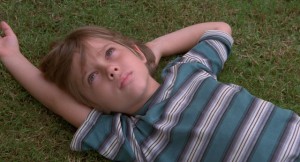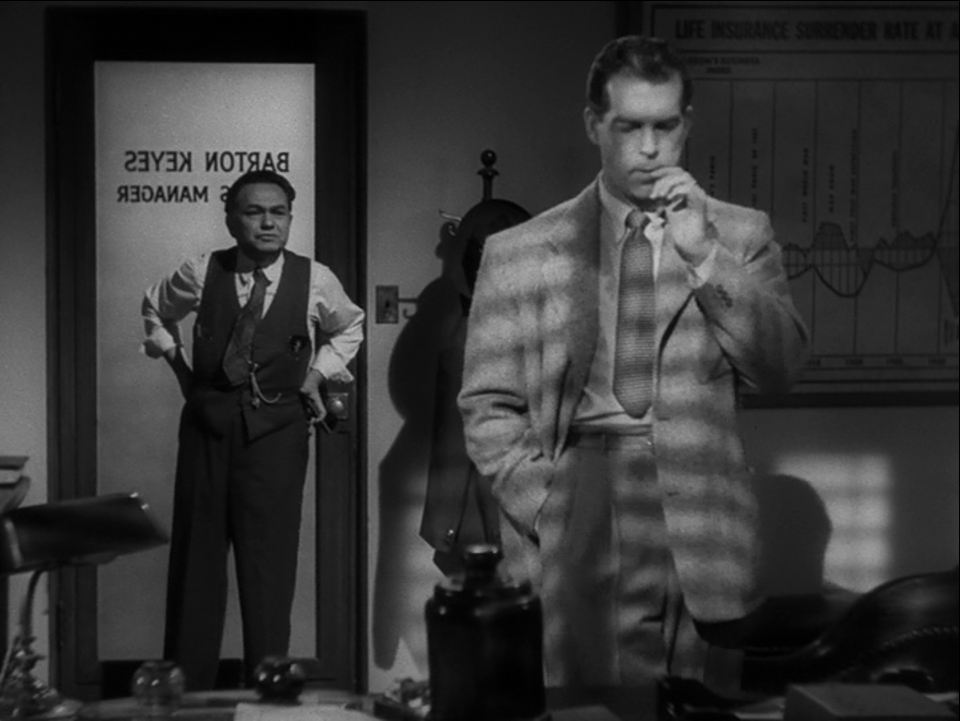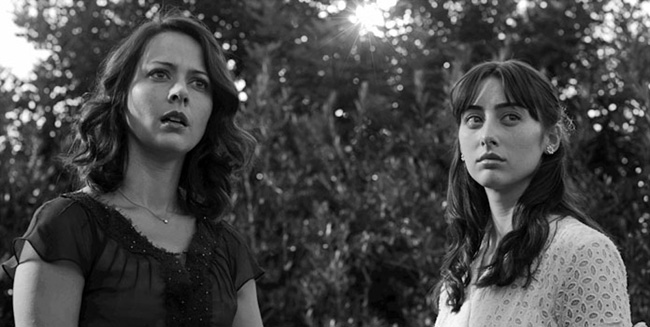Boyhood
Written and directed by Richard Linklater
USA, 2014
During the discussion preceding the screening of his latest film, Boyhood, director Richard Linklater, recipient of this year’s Founder’s Directing Award, claimed that the concept of exploring a parent-child relationship in real time was one of the two great cinematic ideas he’s had in his almost 30-year career. Coming from the man who helped revamp the American indie film scene in the 1990s, who introduced audiences to Matthew McConaughey, and who raised the bar for romantic dramas with the Before Sunrise trilogy; this is saying a lot. But if the thunderous applause that erupted when the lights came on after the nearly 3-hour film ended, maybe, just maybe, the veteran director has found his magnum opus.
The idea is brilliantly simple: cast a child actor and movie parents, and film them periodically over the course of 12 years for a genuine – and unprecedented – depiction of what it means to grow up. No switching out actors for older ones who look vaguely similar or semi-effective prosthetics: just time, faith, and patience. In less steady hands, a project like this would easily have fallen apart, but with Linklater, who wrote the script and made adjustments tailored to the actors, it’s an engrossing and poignant journey tainted with the same humor and philosophical sensibility that bolster his other works.
Set in the director’s Texan homeland, Boyhood centers on Mason (Ellar Coltrane), who goes from wide-eyed, precocious 6-year old to gangly, intellectual college freshman over the course of the film; his older sister Samantha (Lorelai Linklater); their single mother Olivia (Patricia Arquette), with a penchant for unhealthy relationships; and their well-meaning but not entirely reliable biological father Mason Sr. (Ethan Hawke). Other friends and lovers drift in and out of the story, but it’s this fragmented nuclear family that anchors it.
Hawke and Arquette give solid performances as honest parents who try to do the best they can by their children in their own ways, yet recognize that they don’t always have the answers. But it’s Coltrane, with his ethereal and introspective presence, who forms the empathetic center. Lorelai Linklater, the director’s daughter, reportedly asked her father mid-shoot if her character could be killed off, which perhaps explains the vibrancy of Samantha’s rebellious teenage phase.
However, despite the strong casting, one could argue that time is, in fact, the film’s unsung protagonist. For all the developments, both physical and emotional, Mason and his family go through, there are just as many – if not more – external ones that Linklater, intentionally or not, captured on film. Mason’s Game Boy becomes an Xbox; his Motorola Razr an iPhone; and discussions with Mason Sr.’s views on the Iraq War turn into campaigning for Obama. The soundtrack, too, charts the ever-changing trends of popular music, incorporating everything from Coldplay’s “Yellow” to Soulja Boy’s “Crank That” to “1901” by Phoenix. For anyone who grew up and came of age during the ‘90s and early 2000s, watching Boyhood is like wrenching open a visceral time capsule.
Each viewer will undoubtedly get a different read on the film, particularly those who have had children versus those who haven’t. For this Millennial writer, Boyhood provokes nostalgia for experiences shared with Mason (e.g. midnight Harry Potter book release parties, and illicit underage drinking with friends), coupled with that youthful optimism that the best is still to come.
“I thought there would be more!” wails Olivia, when faced with the prospect of an empty nest the night before Mason leaves for college. Indeed, life is full of milestones, but if anything, Boyhood is a gentle reminder to be present and embrace them as they arrive.
— Misa Shikuma







